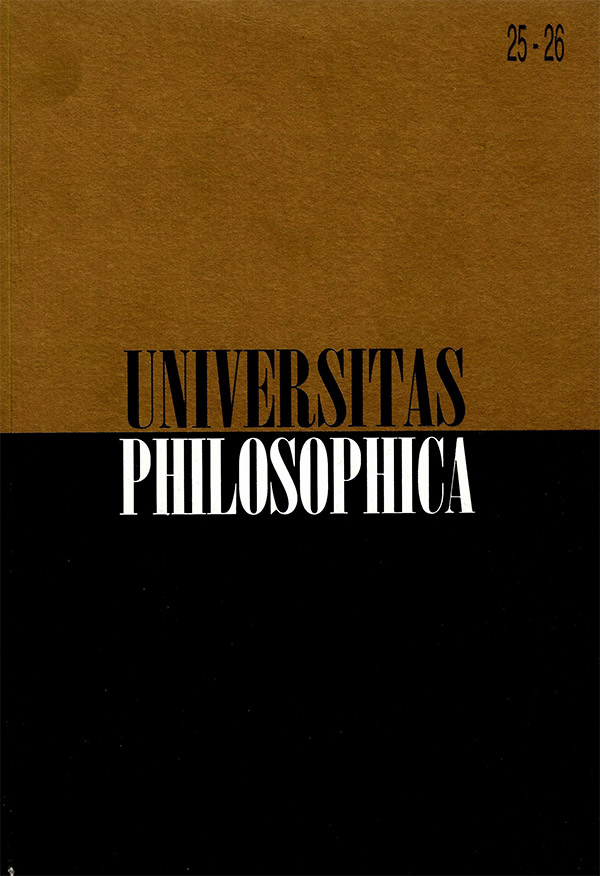Abstract
Heidegger and Rorty present two of the most controversial philosophical options in the 20th century. Both agreements and disagreements are discernible in these two philosophers who come from distinct traditions in thought. Heidegger's philosophy, centered on the problem of being, seems to have little in common with Rorty's symbiosis between liberalism and pragmatism. Heidegger and Rorty, nonetheless, become akin in their criticisms of metaphysical tradition, and, in general, of rationalism and universalism. Furthermore, it is through Heidegger's and Rorty's comparative analysis that we can have a vision of a widening world revealed through the postmetaphysical sign.This journal is registered under a Creative Commons Attribution 4.0 International Public License. Thus, this work may be reproduced, distributed, and publicly shared in digital format, as long as the names of the authors and Pontificia Universidad Javeriana are acknowledged. Others are allowed to quote, adapt, transform, auto-archive, republish, and create based on this material, for any purpose (even commercial ones), provided the authorship is duly acknowledged, a link to the original work is provided, and it is specified if changes have been made. Pontificia Universidad Javeriana does not hold the rights of published works and the authors are solely responsible for the contents of their works; they keep the moral, intellectual, privacy, and publicity rights.
Approving the intervention of the work (review, copy-editing, translation, layout) and the following outreach, are granted through an use license and not through an assignment of rights. This means the journal and Pontificia Universidad Javeriana cannot be held responsible for any ethical malpractice by the authors. As a consequence of the protection granted by the use license, the journal is not required to publish recantations or modify information already published, unless the errata stems from the editorial management process. Publishing contents in this journal does not generate royalties for contributors.


